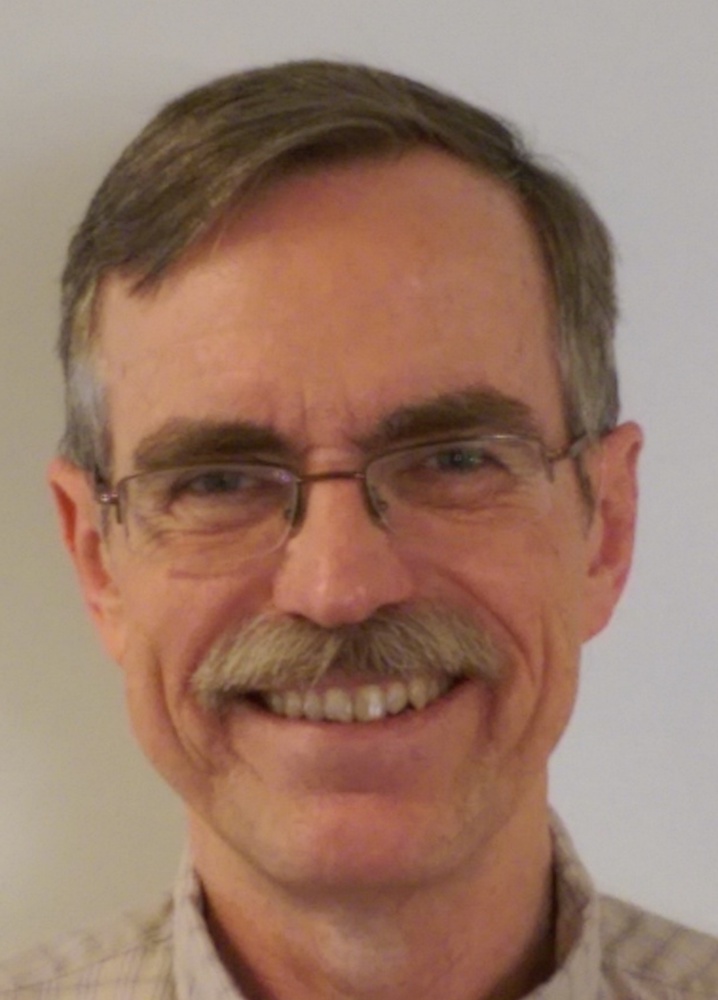Scientific
Colloquium
WEDNESDAY, October 4, 2023, 3:00 p.m., Building
3 Auditorium
WILLIAM NORDBERG MEMORIAL LECTURE
|
George
Huffman
NASA Goddard Space Flight Center
Winner of the 2022 Nordberg Award
|

|
"How Much Did it Rain in Your
Backyard, and Around the Globe?"
It's really
obvious how to measure rain and snowfall - just
put a container out in the yard. But, it turns out
the physical processes that create precipitation,
and the practicalities of taking measurements
everywhere, make satellites key tools in mapping
rain and snowfall around the globe. Employing
satellites in this meteorological detective story
involves some science, some technology, a lot of
computing, and, yes, rocket science. The payoff is
that we know more about how much rain and snow
fell in, say, 2010, than we knew at the time that
it fell, and we’re ready to make the same kind of
estimate for tomorrow's storms. There is still a
lot of work to be done to make these estimates
more reliable and accurate.
About the Speaker
Dr. George J. Huffman is a
Supervisory Research Physical Scientist at
NASA Goddard Space Flight Center (GSFC),
Greenbelt, Maryland, where he is the Project
Scientist for the Global Precipitation
Measurement (GPM) mission, the lead for the
GPM Multi-satellite Algorithm Team, and the
Chief of the Mesoscale Atmospheric Processes
Lab. His research has resulted in 154
publications, 17 as first author, and numerous
presentations. After completing a B.S. in
Physics at The Ohio State University (1976)
and a Ph.D. in Meteorology at Massachusetts
Institute of Technology (1982), he was an
Assistant Professor at University of Maryland,
College Park, then moved to GSFC in 1988,
where he consulted until entering government
service in 2012. Dr. Huffman's primary focus
is the design, implementation, and extension
of combined (satellite-gauge) estimates of
global precipitation. The resulting data sets
include the Global Precipitation Climatology
Project (GPCP) monthly and daily products
(carried out as a contribution to the World
Climate Research Program, WCRP); the NASA
Tropical Rainfall Measuring Mission (TRMM)
Multi-satellite Precipitation Analysis; and
the successor GPM mission's Integrated
Multi-satellitE Retrievals for GPM (IMERG).
Allied work includes estimating errors and
extreme precipitation event statistics. Recent
awards include NASA/GSFC William Nordberg
Memorial Award for Earth Science, 2022;
NASA/GSFC Robert H. Goddard Group Award for
Science, GPCP Development Team, 2022;
NASA/GSFC Robert H. Goddard Group Award for
Science, IMERG Development Team, 2019; Fellow
of the American Meteorological Society, 2019;
and NASA Exceptional Service Medal, 2018.
